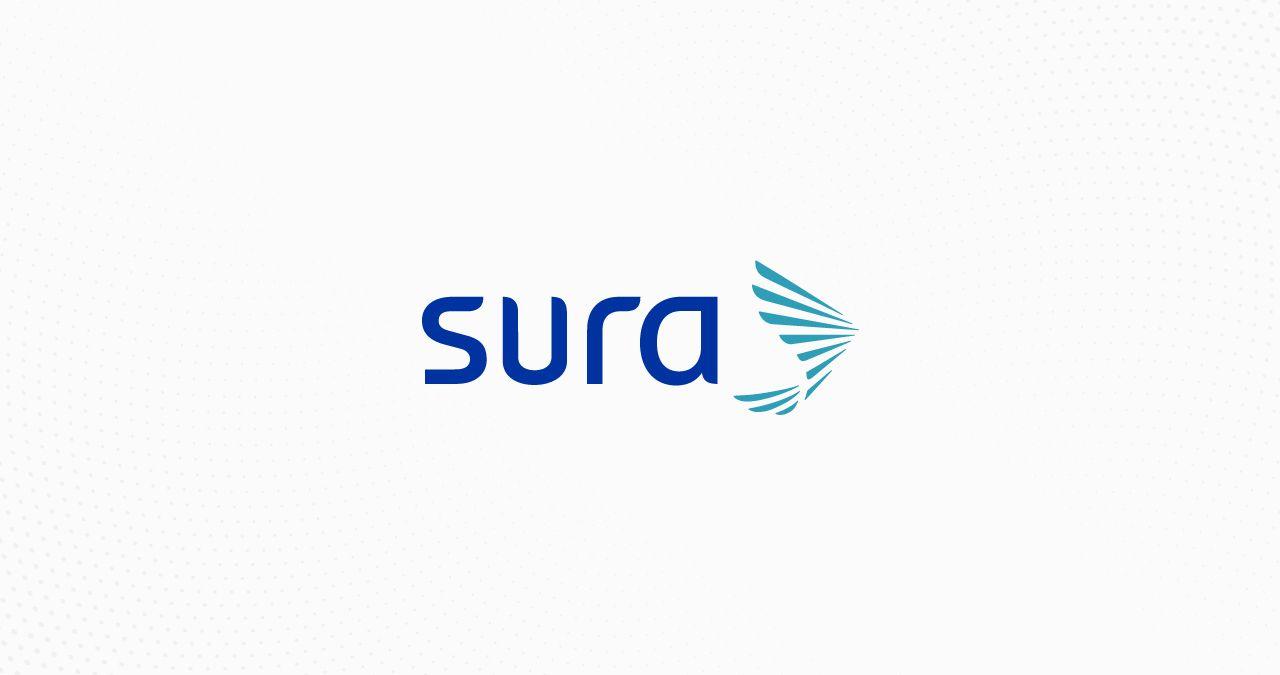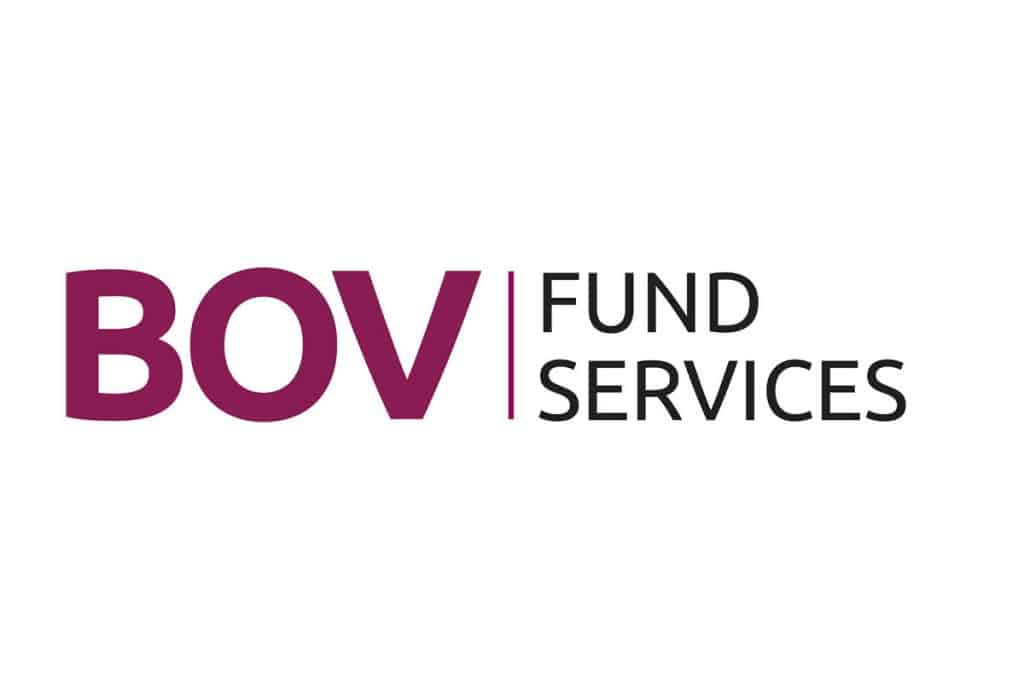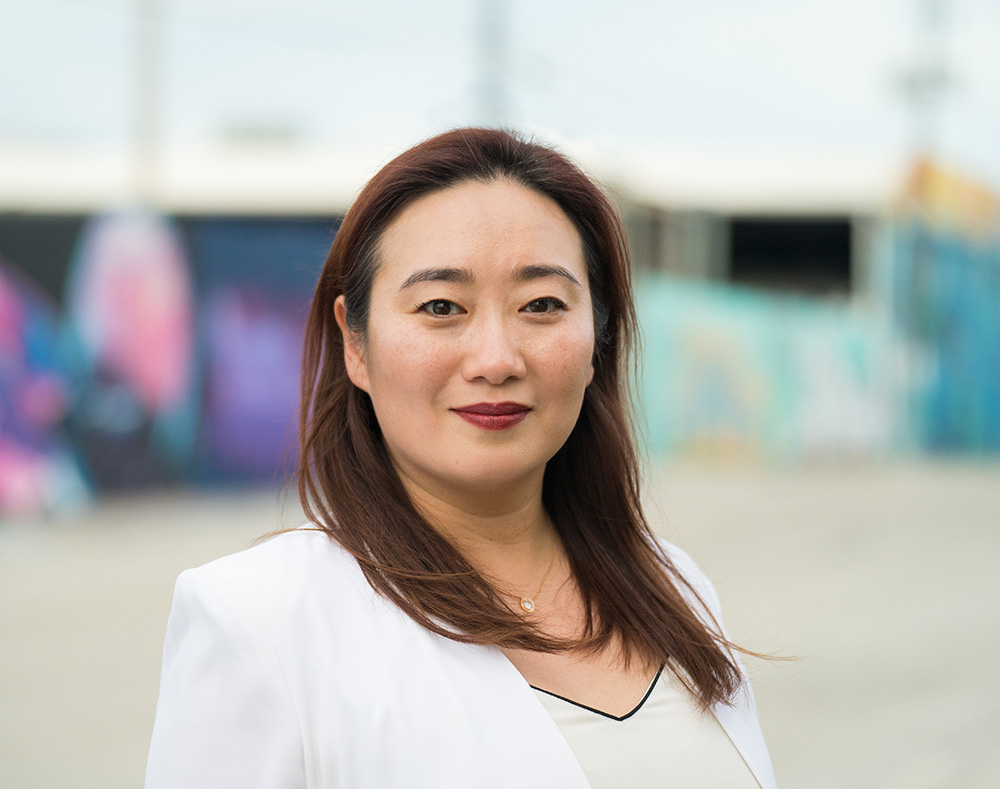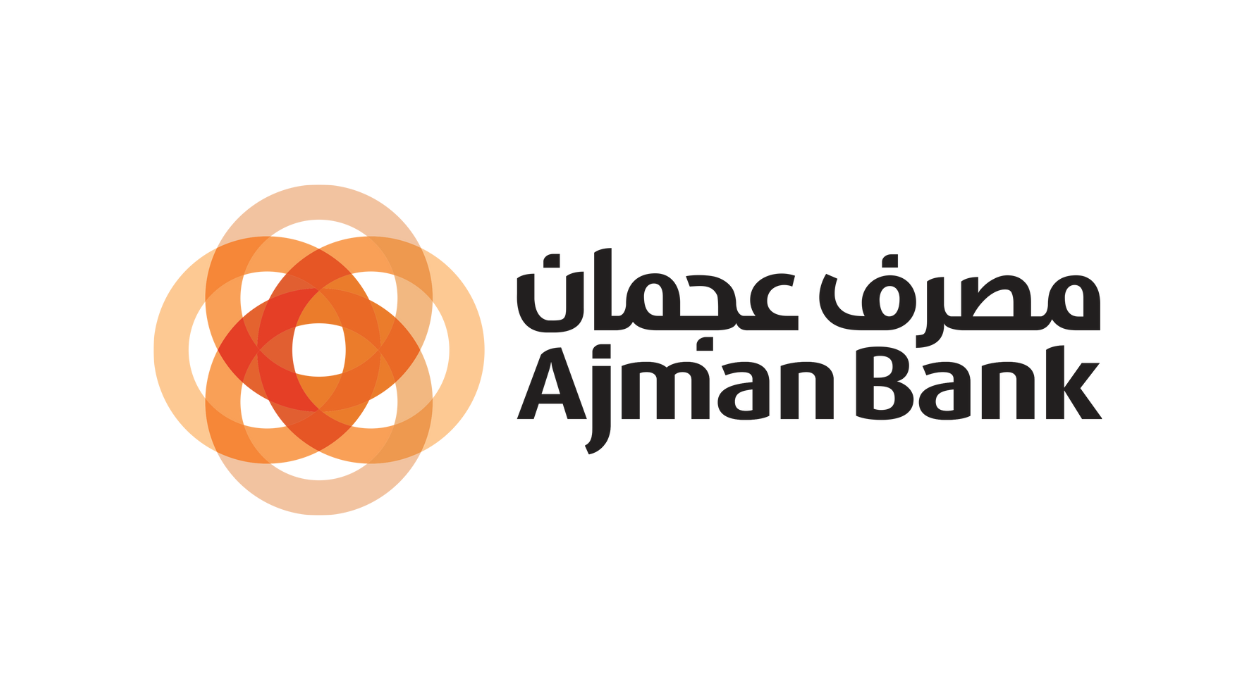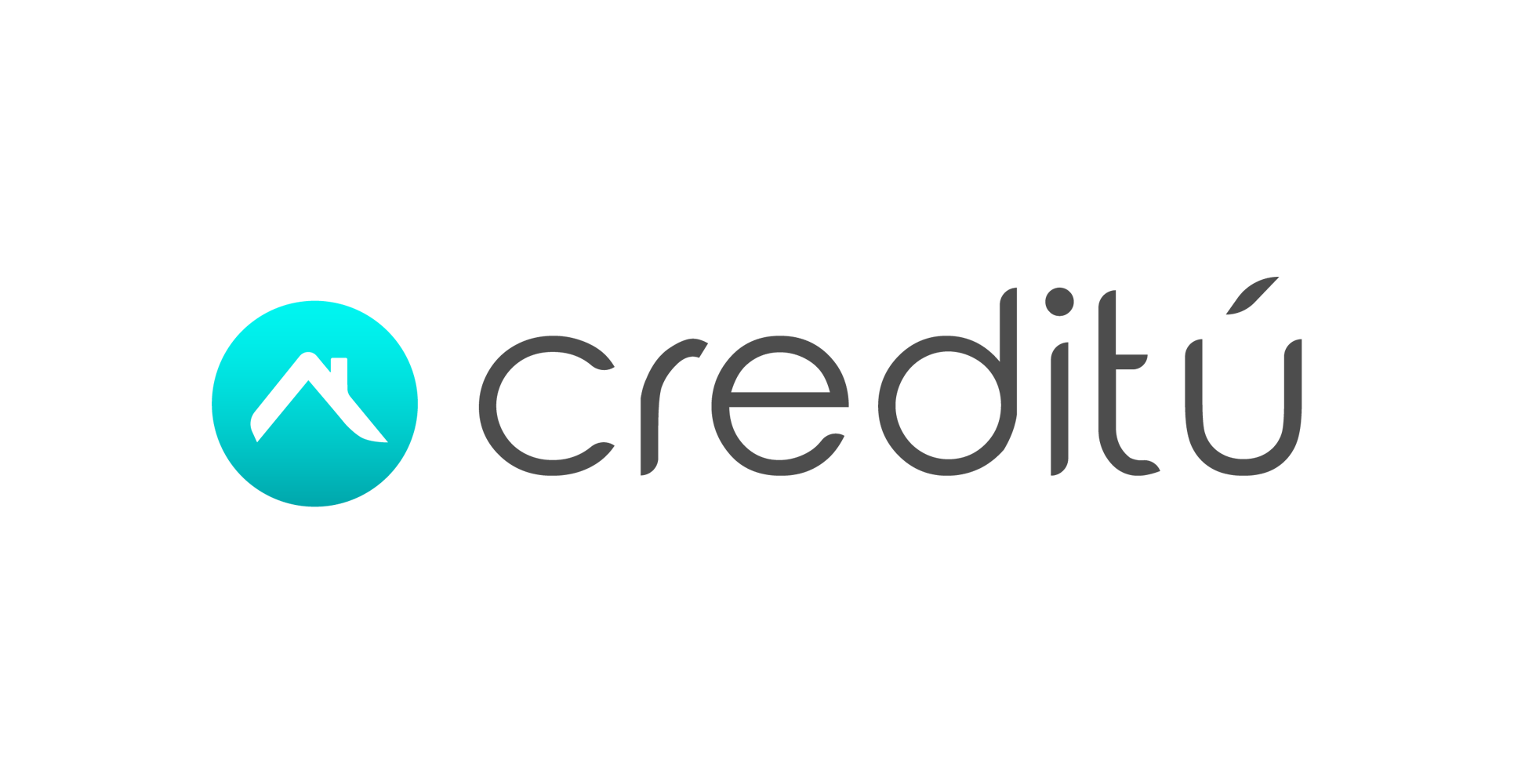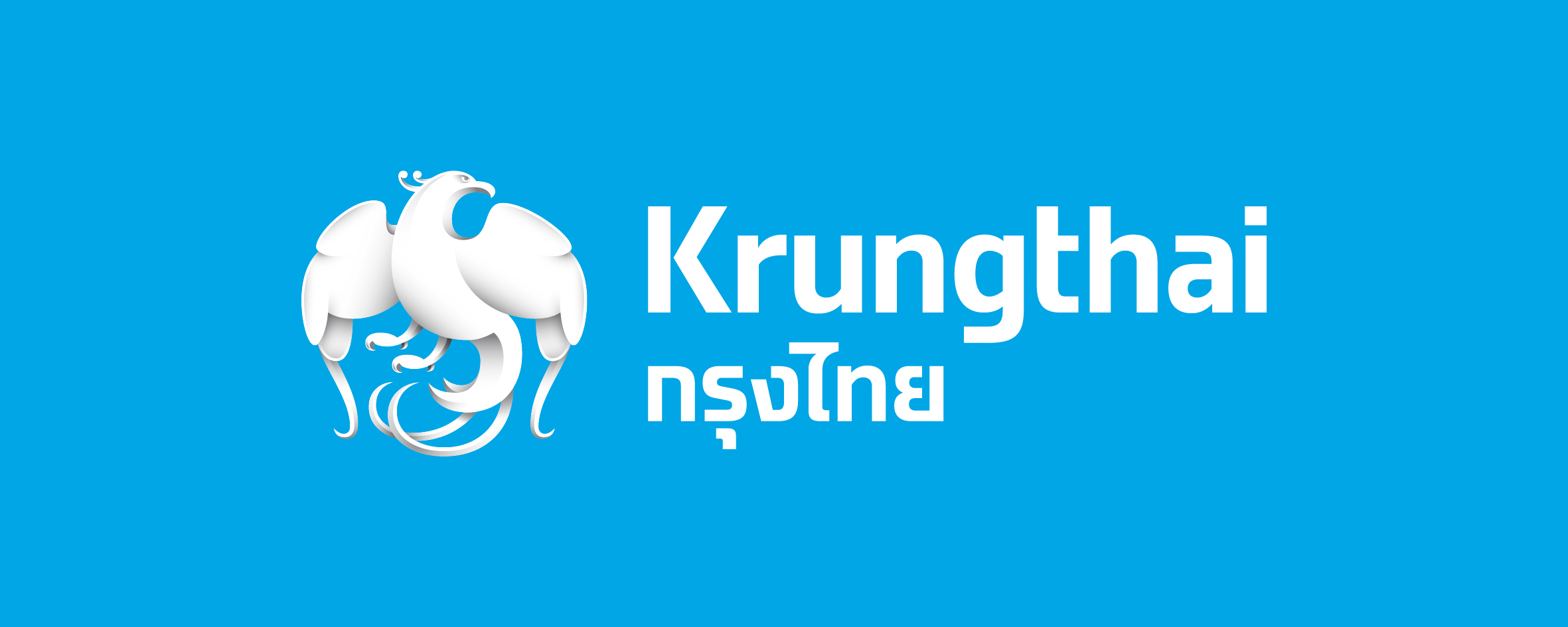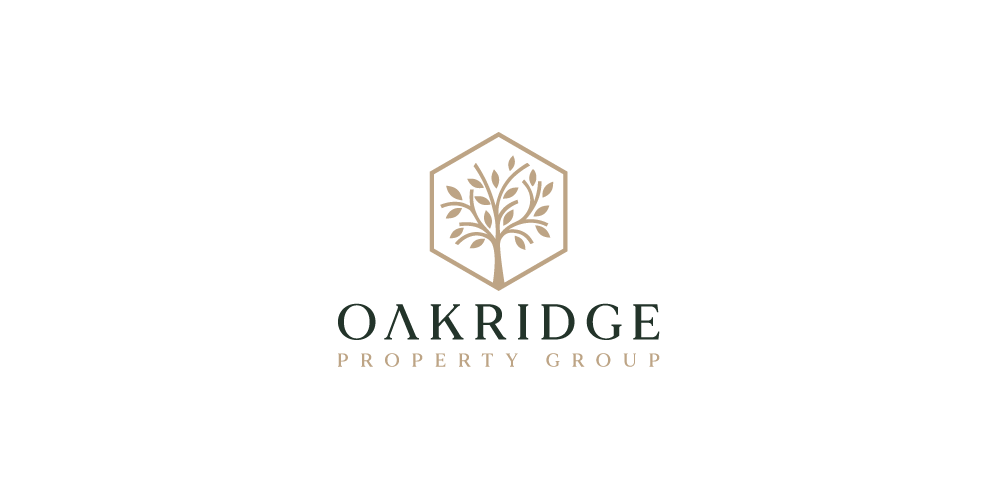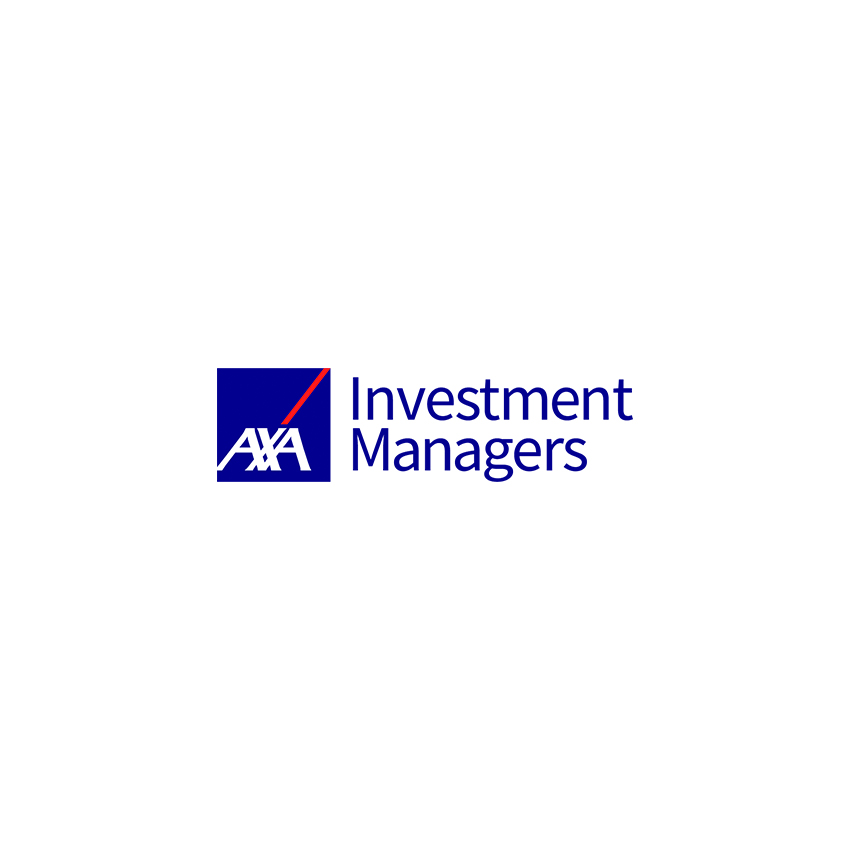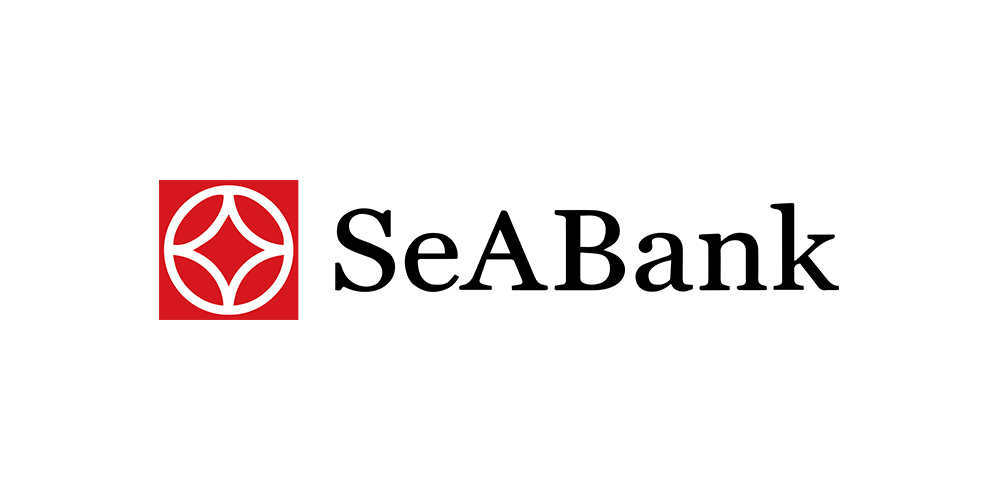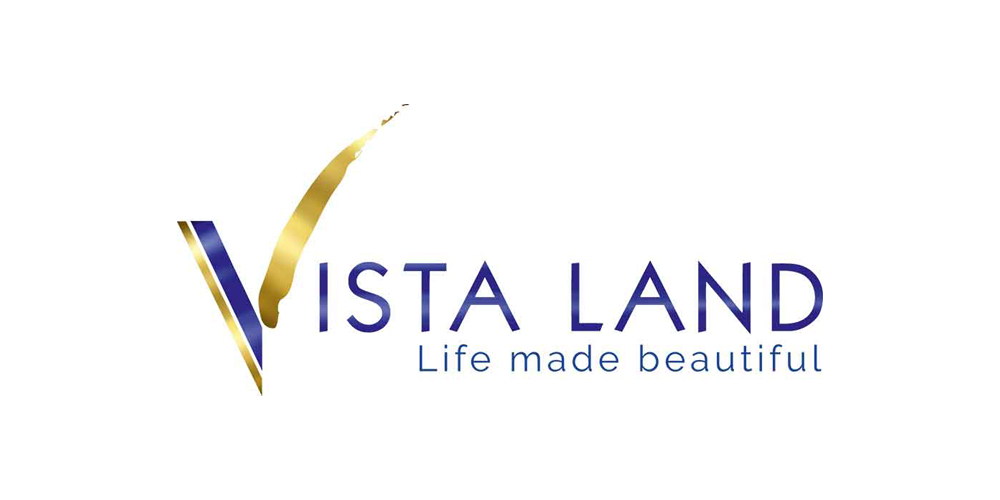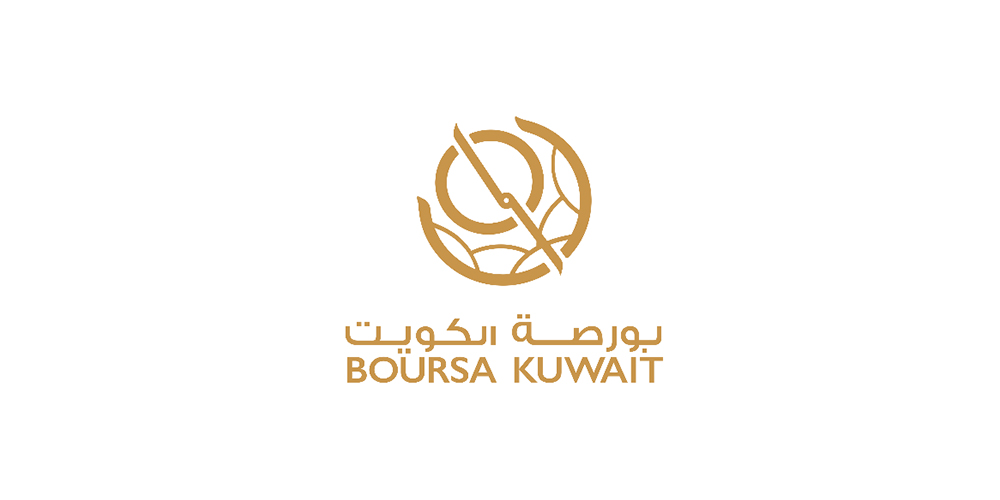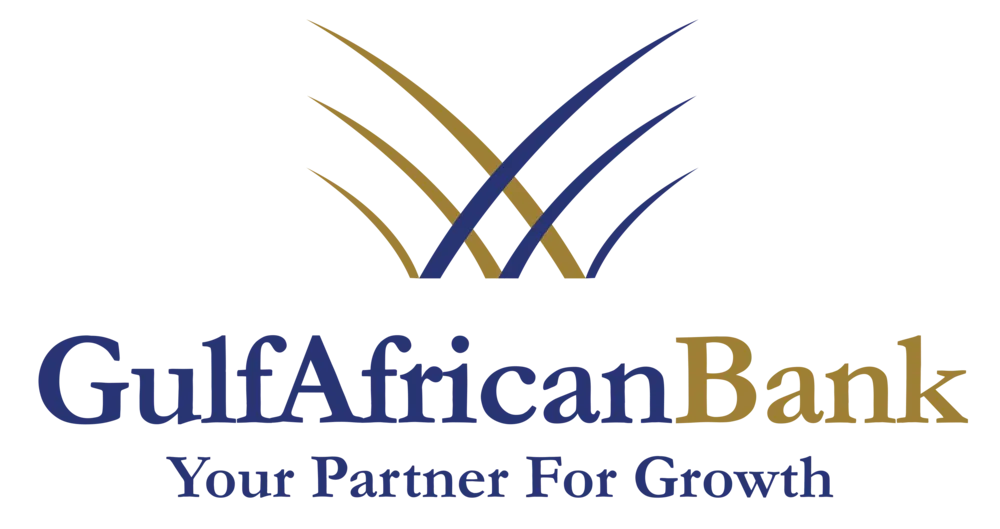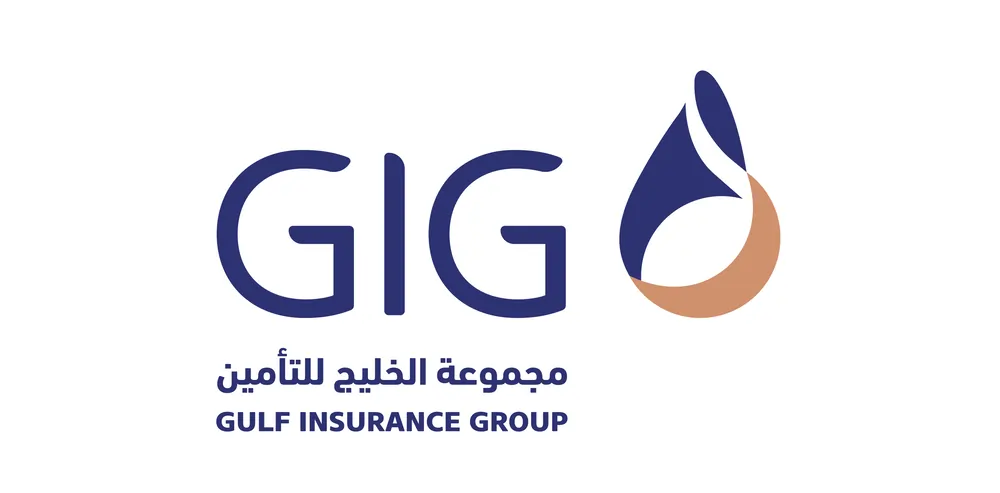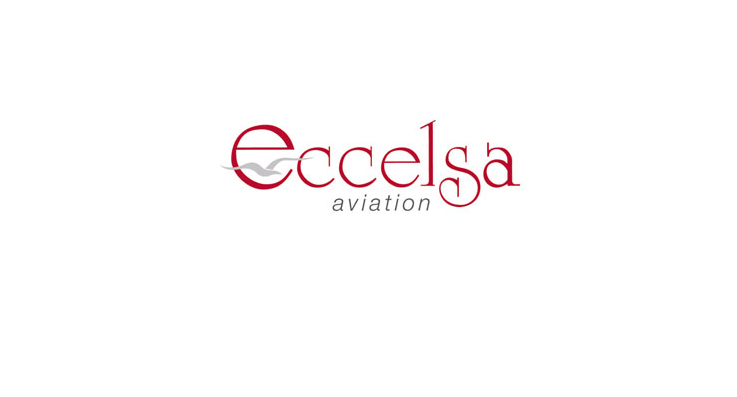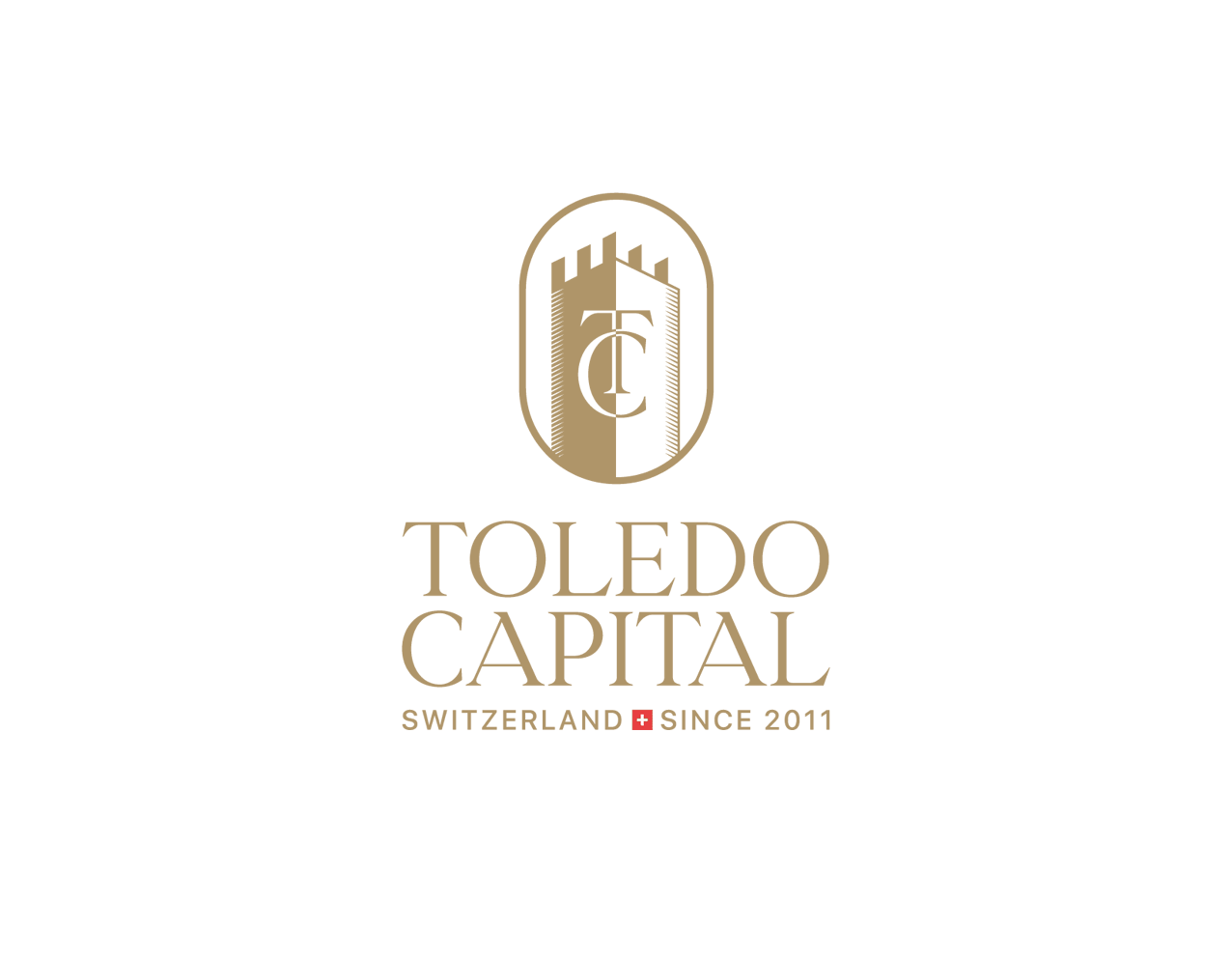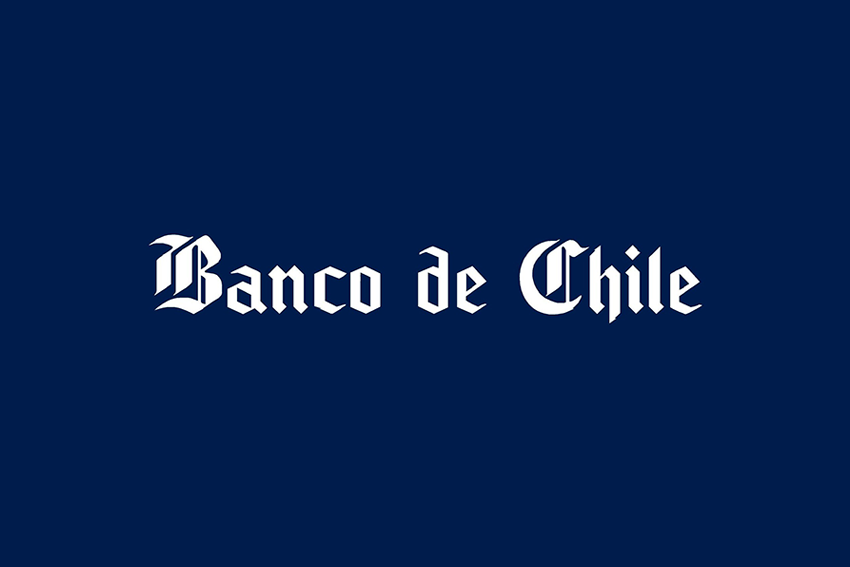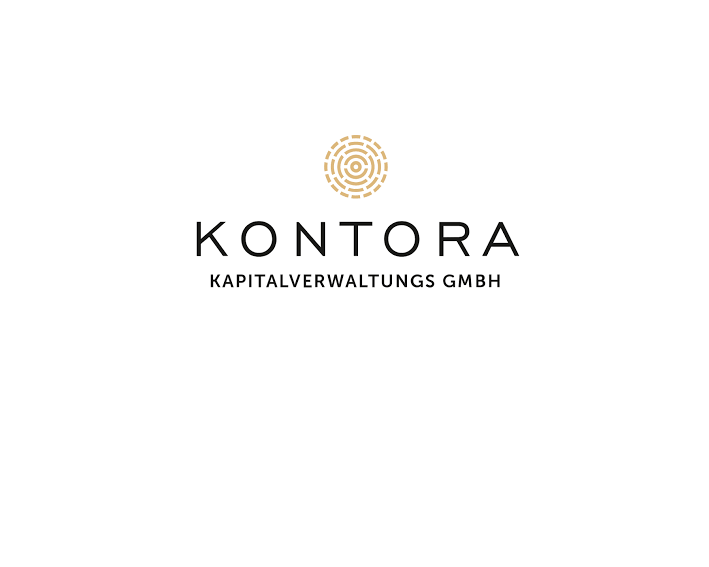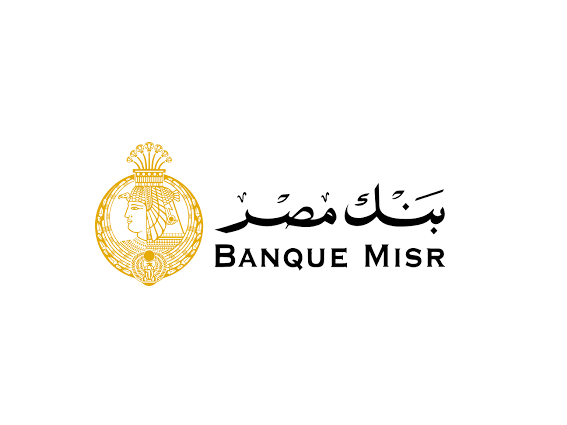Picking the right consultants: Key behaviours to watch for

John E. Kaye
- Published
- Authors

Many consulting projects fail to deliver lasting value due to overlooked factors during selection. Writing exclusively for The European, consulting partner Sas Saadat highlights the key behaviours to evaluate in consultants, and offers actionable insights for organisations to build stronger, more effective collaborations
How many times have you hired consultants, only to be disappointed at the pace, breadth, or depth of what they delivered? It might have started promisingly; an insightful conversation with an expert, maybe a thoroughly enjoyable chat with an existing contact, or even through a formal selection process. Then as things moved from sales to delivery, they went off course, with the final report or output ending up on the shelf. Unused.
If that sounds painfully familiar, you’re not alone.
The good news is that I’ve identified several key steps you can take to achieve a different outcome. Sharing these insights was part of my motivation for writing Still Here Tomorrow, a business-as-fiction novel. The book is intended to help consultants and clients achieve more together and, ultimately, have a better experience doing so.
What I can say from my consulting career is that, over and above typical considerations such as brand, credentials, approach, CVs, cultural fit, and commercials, there are less obvious criteria that are equally important leading indicators for successful delivery. And they are about watching the behaviours the consultants themselves demonstrate during the sales process, rather than solely focusing on their words, slides, or online demos.
The first one is all about how the consultants initially engage. I’ve been in so many early-stage conversations where it’s the consultants doing 80% of the talking. Establishing credibility is one thing. But are they listening and seeking to understand what you need?
My most successful collaborations have been those where I’ve prompted the client to open up. That information – the desired outcome, relevant history, current reality – followed by wider context – the real goal behind the tactical ask, the issues that everyone pretends do not exist – that is what good consultants will seek to understand and ground their thinking in before offering up any kind of solution.
How they solicit that information also reveals a lot about their EQ, with their expertise and IQ demonstrating how well they can adapt on the fly. Especially when they start bringing other people in, which leads onto the second thing to watch out for: how well they operate together.
The best teams can climb mountains and cross chasms, whereas the worst will trip each other up trying to get out the front door. Create opportunities to observe their group dynamics, making sure it is the team who will actually be doing the work who are on display.
A sensible way to do this is through a joint-planning workshop. Are they well prepared? Do they encourage exploration and allow for divergent opinions? Do they seek your direction by sharing the pros and cons of different options, or try to push you in a particular direction?
One of the best workshops I ever ran started awfully. The clients in the room were certain they knew the best way forward and the whole exercise was a waste of time. Through our constructive questioning, interplay, energy, and spontaneous whiteboarding, they saw the benefits we as a team could provide.
The third factor to watch out for is whether the consultants’ focus is on solving your problem or selling their solution. It will be clear when the consultants are simply sticking to a pre-arranged script. Regardless of the discussion, not much will change in the proposed approach. Having a third party motivated to look across boundaries and provide wider advice through the course of their work is often crucial to success.
That can come to life through how they want to work with you. True consulting is a collaborative endeavour, with continual two-way dialogue that goes beyond set piece workshops and interviews. Can you see how they are planning to create a sustainable capability in your organisation, or are they creating a long-term reliance on themselves in an opaque way?
My philosophy is always to try to make myself and my team redundant as soon as possible; there will always be more work in the future if we are making a difference for the client. Double check any assumptions that embeds the consultants into your long-term operations – unless that’s what you are looking for, of course.
These are the less obvious factors to evaluate prospective consultants on. For consultants, the teams they are working with, and indeed people who want to understand consulting better, these represent the tip of the iceberg.
My book Still Here Tomorrow takes a ‘show not tell’ approach to bringing this hard-won experience to life. Novelly, the story is told through the eyes of Don, a grizzled consultant and the central character in the book, as he responds to a myriad of opportunities and challenges that suddenly arise.
One of those challenges is Mark, Don’s new boss and the main antagonist, who also demonstrates why a slicker sales focus does not always lead to a good outcome for the client.
As well as providing gripping entertainment, each chapter focuses on a particular lesson learnt and lands those through the twists of the plot. It provides relatable guidance about how to address the sorts of challenges that arise on projects – and what, as a client, you should be looking for when picking the consultants you want to be working with.
Most importantly, I hope my shared experiences help you have better ones.
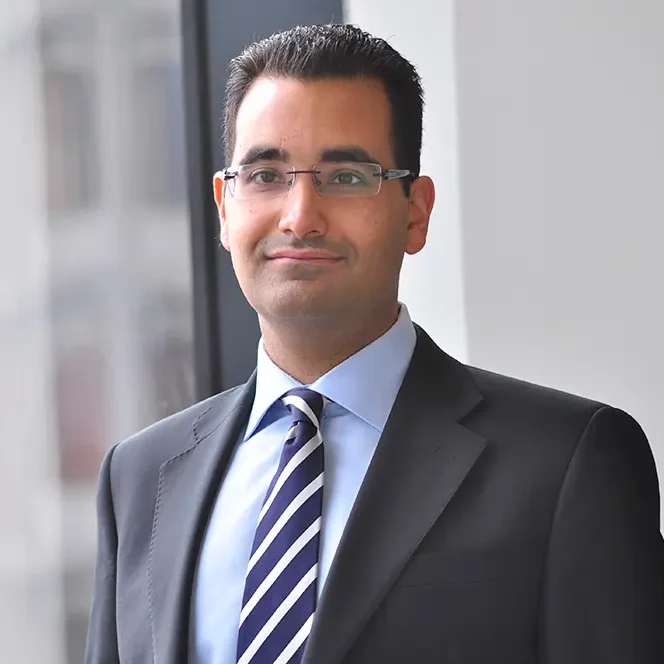
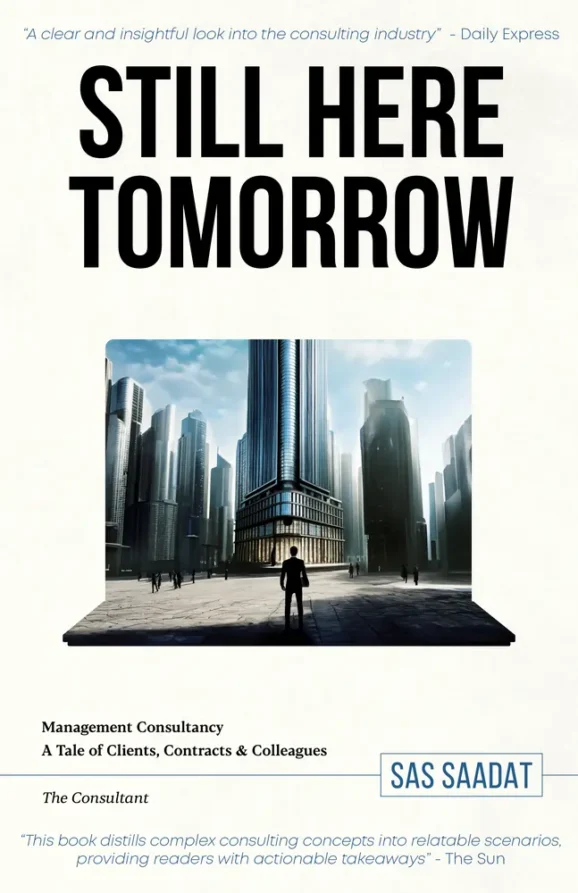
Sas Saadat is a consulting partner with over 20 years of experience supporting client businesses internationally. Specialising in technology transformation, he advises some of the world’s largest financial services companies, and is recognised for his thought leadership in helping clients transition from traditional project-based structures to product-oriented delivery models. His latest book, Still Here Tomorrow: A Tale of Clients, Contracts & Colleagues, is a business-as-fiction novel aimed at guiding both new and experienced consultants in advancing their careers.
RECENT ARTICLES
-
 Afore SURA awarded Pension Fund Management Company of the Year 2025
Afore SURA awarded Pension Fund Management Company of the Year 2025 -
 BOV Fund Services Limited wins in The European Banking & Finance Awards 2024
BOV Fund Services Limited wins in The European Banking & Finance Awards 2024 -
 Amberdata wins two titles in The European Banking & Finance Awards 2024
Amberdata wins two titles in The European Banking & Finance Awards 2024 -
 Ajman Bank wins in The European Banking & Finance Awards 2024
Ajman Bank wins in The European Banking & Finance Awards 2024 -
 Creditú wins three titles at The European Banking & Finance Awards 2024
Creditú wins three titles at The European Banking & Finance Awards 2024 -
 Krungthai Bank PCL wins five awards in The European Banking & Finance Awards 2024
Krungthai Bank PCL wins five awards in The European Banking & Finance Awards 2024 -
 Oakridge Property Group wins at The European Global Business Awards 2024
Oakridge Property Group wins at The European Global Business Awards 2024 -
 Old Mutual Investment Group wins two titles at The European Global Banking & Finance Awards 2024
Old Mutual Investment Group wins two titles at The European Global Banking & Finance Awards 2024 -
 AXA IM Select wins at The European Global Banking & Finance Awards 2024
AXA IM Select wins at The European Global Banking & Finance Awards 2024 -
 Zenith Bank Ghana wins five titles at The European Banking & Finance Awards 2024
Zenith Bank Ghana wins five titles at The European Banking & Finance Awards 2024 -
 SeABank awarded The Risk Management Bank of the Year - Vietnam 2024
SeABank awarded The Risk Management Bank of the Year - Vietnam 2024 -
 Vista Land & Lifescapes Inc. wins three titles at The European Global Business Awards 2024
Vista Land & Lifescapes Inc. wins three titles at The European Global Business Awards 2024 -
 Boursa Kuwait wins two titles at The European Global Sustainability & ESG Awards 2024
Boursa Kuwait wins two titles at The European Global Sustainability & ESG Awards 2024 -
 Gulf African Bank wins four titles at The European Banking & Finance Awards 2024
Gulf African Bank wins four titles at The European Banking & Finance Awards 2024 -
 Gulf Insurance Group awarded two Global Banking & Finance titles for 2024
Gulf Insurance Group awarded two Global Banking & Finance titles for 2024 -
 Eccelsa Aviation awarded three Global Business 2024 titles, including Best FBO Brand – Europe
Eccelsa Aviation awarded three Global Business 2024 titles, including Best FBO Brand – Europe -
 Afore Sura awarded Pension Fund Management Company of the Year 2024
Afore Sura awarded Pension Fund Management Company of the Year 2024 -
 Toledo Capital AG wins Best Boutique Wealth Management - Family Office 2024
Toledo Capital AG wins Best Boutique Wealth Management - Family Office 2024 -
 Banco de Chile awarded four Global Banking & Finance 2024 titles, including Bank of the Year - Chile
Banco de Chile awarded four Global Banking & Finance 2024 titles, including Bank of the Year - Chile -
 Kontora Family Office GmbH awarded Best Wealth Management Services - Germany 2024
Kontora Family Office GmbH awarded Best Wealth Management Services - Germany 2024 -
 Banque Misr awarded five Global Banking & Finance 2024 titles, including Best Banking Brand - MENA
Banque Misr awarded five Global Banking & Finance 2024 titles, including Best Banking Brand - MENA -
 Krungthai Bank PLC wins five awards in The European Banking & Finance Awards 2023
Krungthai Bank PLC wins five awards in The European Banking & Finance Awards 2023

